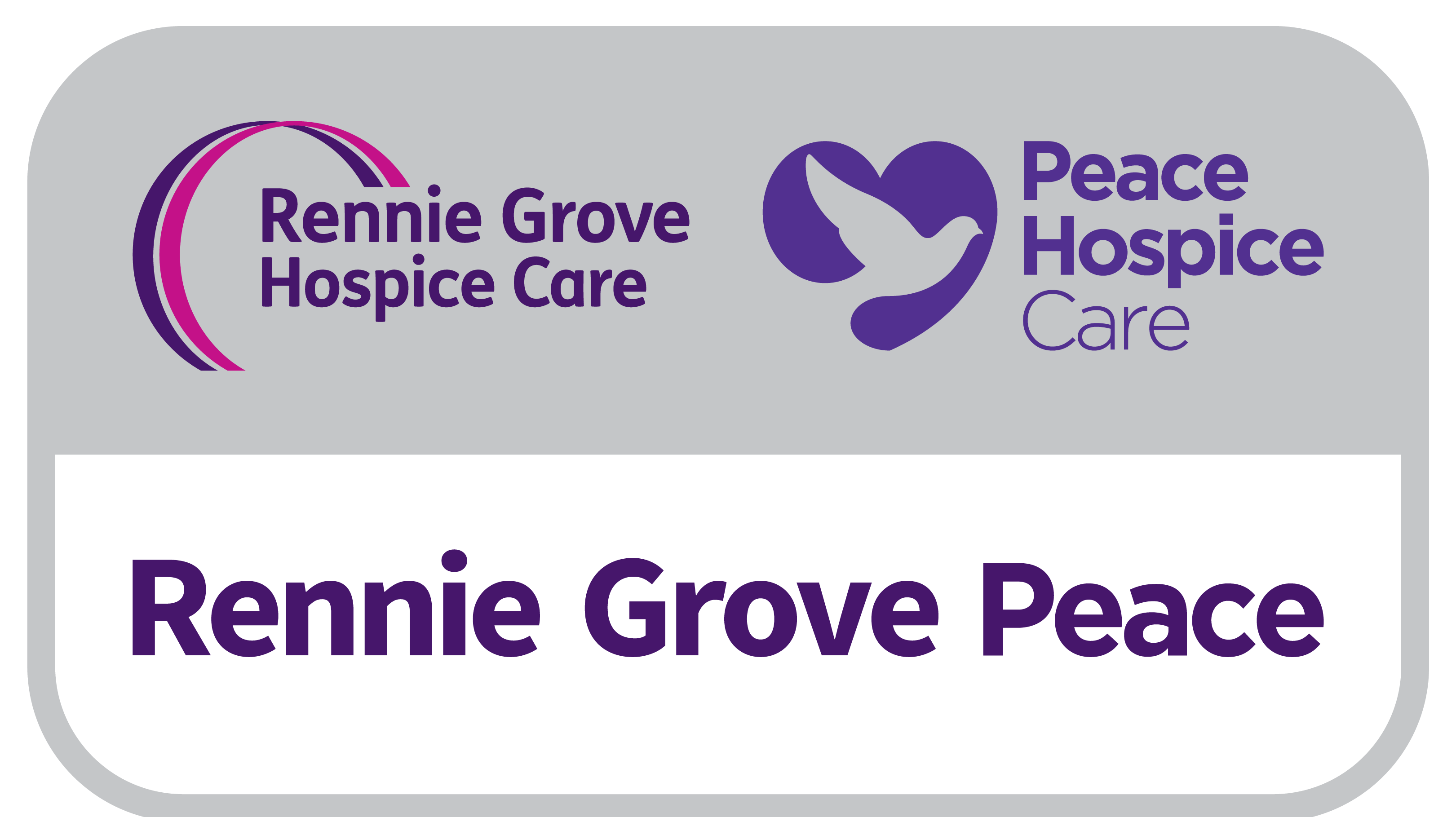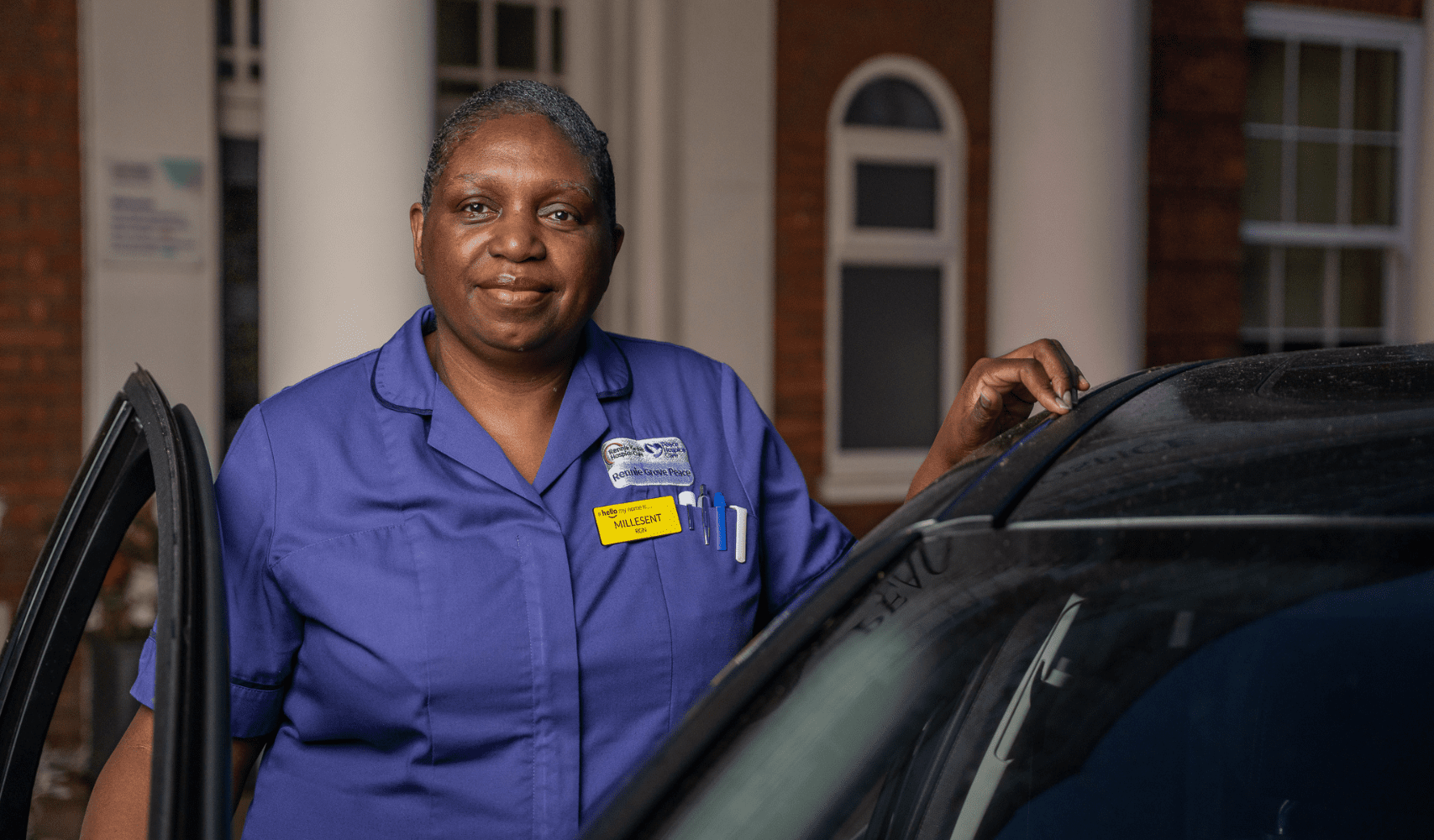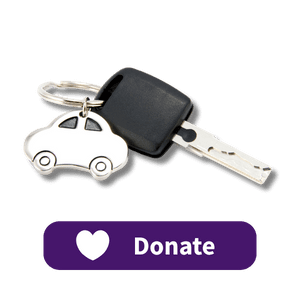“You feel so alone at night, so completely on your own… It was such a relief to be able to call at any hour and immediately hear a voice at the end of the phone.”
End of life care isn’t a 9-5 job. It isn’t something that can be easily commuted to on the train or bus. Being able to hold someone’s hand, laugh with them, ensure they have the pain medication they need, or answer questions from family members – all happens at all times of the day and night. And as many of us so sadly know…we can’t plan the timing of our final moments. For many people – it’s often at night or in the early hours.
But there’s no public transport in the early hours, and even if there was – it wouldn’t be safe for the team to travel in that way.
So when someone needs their Hospice Nurse more than ever…how else are they going to get to them if not on the road?
Will you donate today to help our nurses stay on the road delivering care to patients in their own home?
Costs of petrol, car tax and maintenance are continually going up. Your gift today will keep our team on the road.
Donate today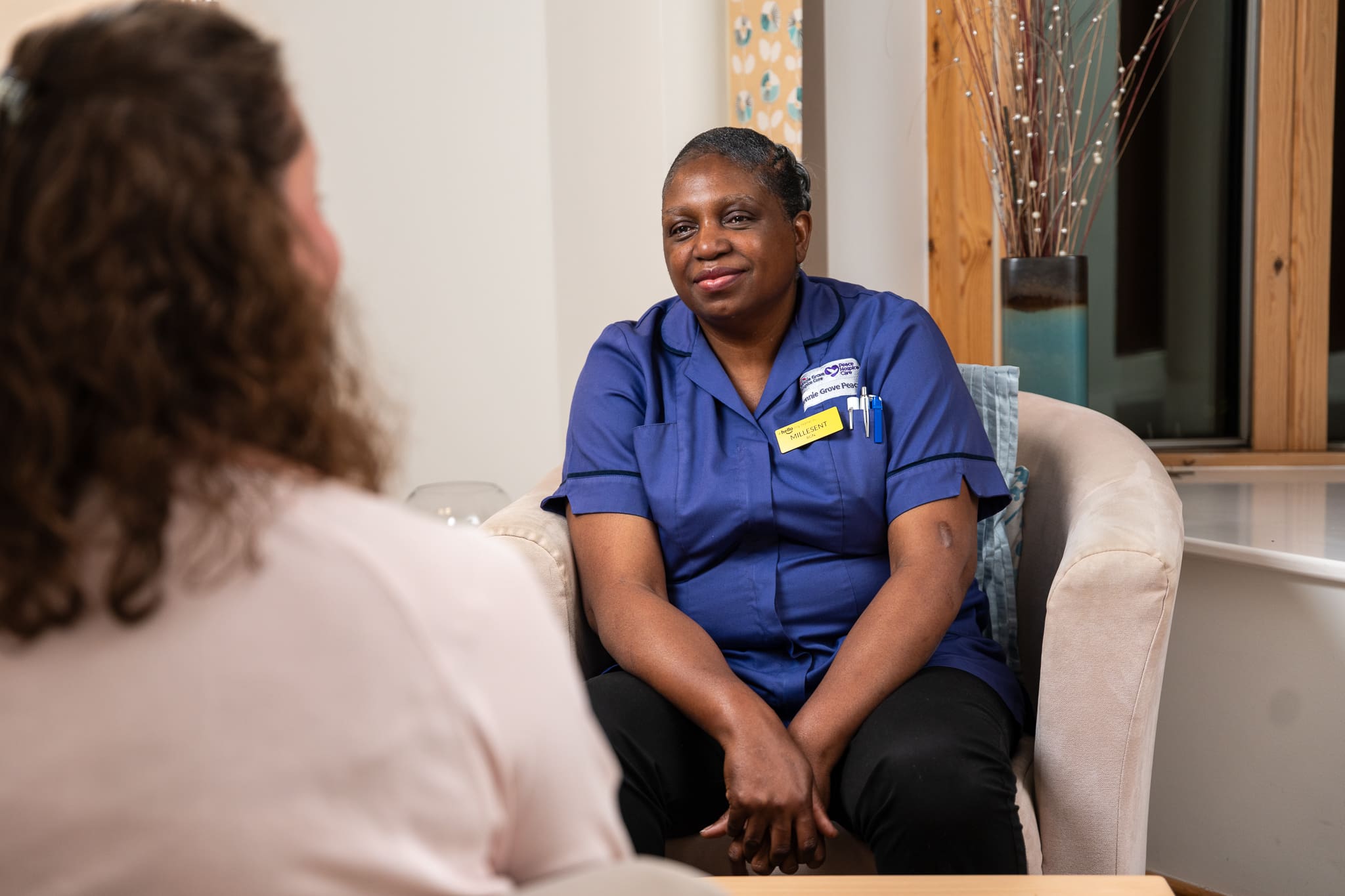
Millesent’s story
 My shift starts at our nursing HQ with a handover from the day staff. They let me know how our patients are doing, and who may be likely to call overnight. From there I often go straight out to my first visit.
My shift starts at our nursing HQ with a handover from the day staff. They let me know how our patients are doing, and who may be likely to call overnight. From there I often go straight out to my first visit.
I recently visited a lady’s home, and her son was very concerned. He’d been caring for her but she’d deteriorated quickly that night, and was in urgent need of being clean and dignified as well as helping with her pain.
When I walked in, I could see how exhausted her son was. I reassured him; “We’ll sort Mum out – you go downstairs, make a cup of tea. We’ll look after her and settle her” I could see his immediate relief.
The lady’s husband was very concerned though and didn’t want to leave the room. So, once I’d settled his wife, I tried to have a little laugh to ease a tense situation. I said to him, “Come on young man, why are you still here? Let’s go and have that cup of tea.” He smiled at being called a young man.
She was able to sleep, so, I sat with her family. While they held the warming mugs in their hands and sipped their drinks, I asked about their loved one. Her husband told me how they’d met at 15 and 16 and been together ever since. It was heartwarming to hear stories of their 70 years together.
I always make time to sit down and have a cup of tea if the family need it or want me to. The family will often want to tell me stories. And I am there to bring a little laughter where I can. If you are there – either towards the end or at the very end – that’s one of the last memories you are going to leave families with. Whatever you do will be imprinted with them.
Will you please donate today to help make sure my colleagues and I can get to our patients and care for them – no matter what time they need us?
I know with your donation today; we can be there for our patients and their families – any time day or night.
In advance – thank you so much for your kindness and generosity. It’s an honour knowing we can always rely on our community – and on you.
How your gift makes a difference
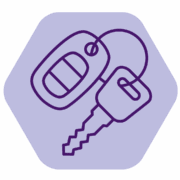
£15 could help pay a month’s tax on our Hospice at Home pool car

£36 could help pay for an hour of a night nurse’s time to visit patients

£41 could cover the costs of a visit to a patient by a nurse like Millesent
Clive’s Story
Clive was cared for by Millesent and her Rennie Grove Peace colleagues. His wife Elaine share’s his story…
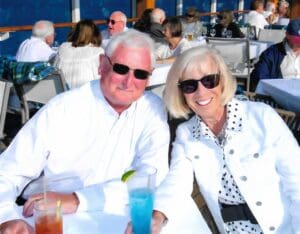 “My husband Clive was diagnosed with cancer last June. In July, we were told it was incurable and Clive would have 3-6 months to live. Our doctor put us in touch with Rennie Grove Peace and a nurse visited us at home to discuss the care Clive wanted.
“My husband Clive was diagnosed with cancer last June. In July, we were told it was incurable and Clive would have 3-6 months to live. Our doctor put us in touch with Rennie Grove Peace and a nurse visited us at home to discuss the care Clive wanted.
Clive wanted to die at home, and we knew that Rennie Grove Peace could make this happen for him. We had regular visits at home during the day, but nights were always worse. Clive’s agitation would get very bad. It was such a relief to be able to call at night and immediately hear a voice at the end of the phone.
We knew they would be with us as soon as they could, and they always came quickly. You feel so alone at night, so completely on your own, and all you can do is rely on other people. Rennie Grove Peace was our rock. I don’t know how we would have coped without them.
Clive loved the staff that helped care for him, they were always having a laugh. He had a particular bond with one of the paramedics, she would come and sit with Clive and they would talk about sport together. Clive was a real sportsman – loved his golf and a great tennis player too.
He liked the way the team always explained everything, so he knew what was happening and why. That gave him some control over the situation.
Clive got his wish to die at home and my kids and I were all here holding his hand as he passed. The nurses arrived 10 minutes after Clive died and they were here to confirm his death. They were so good with us, and they took control, whilst explaining what needed to happen. We had no idea what to do, it was the first experience for us all of being with someone when they died. But the nurses knew exactly what to do.
For years, I thought I knew what hospice care was, but until you actually experience it yourself you have no idea. The relief you feel when that support is there for you, someone caring to talk to about your concerns, someone who always knows what to do, it’s just amazing.”
